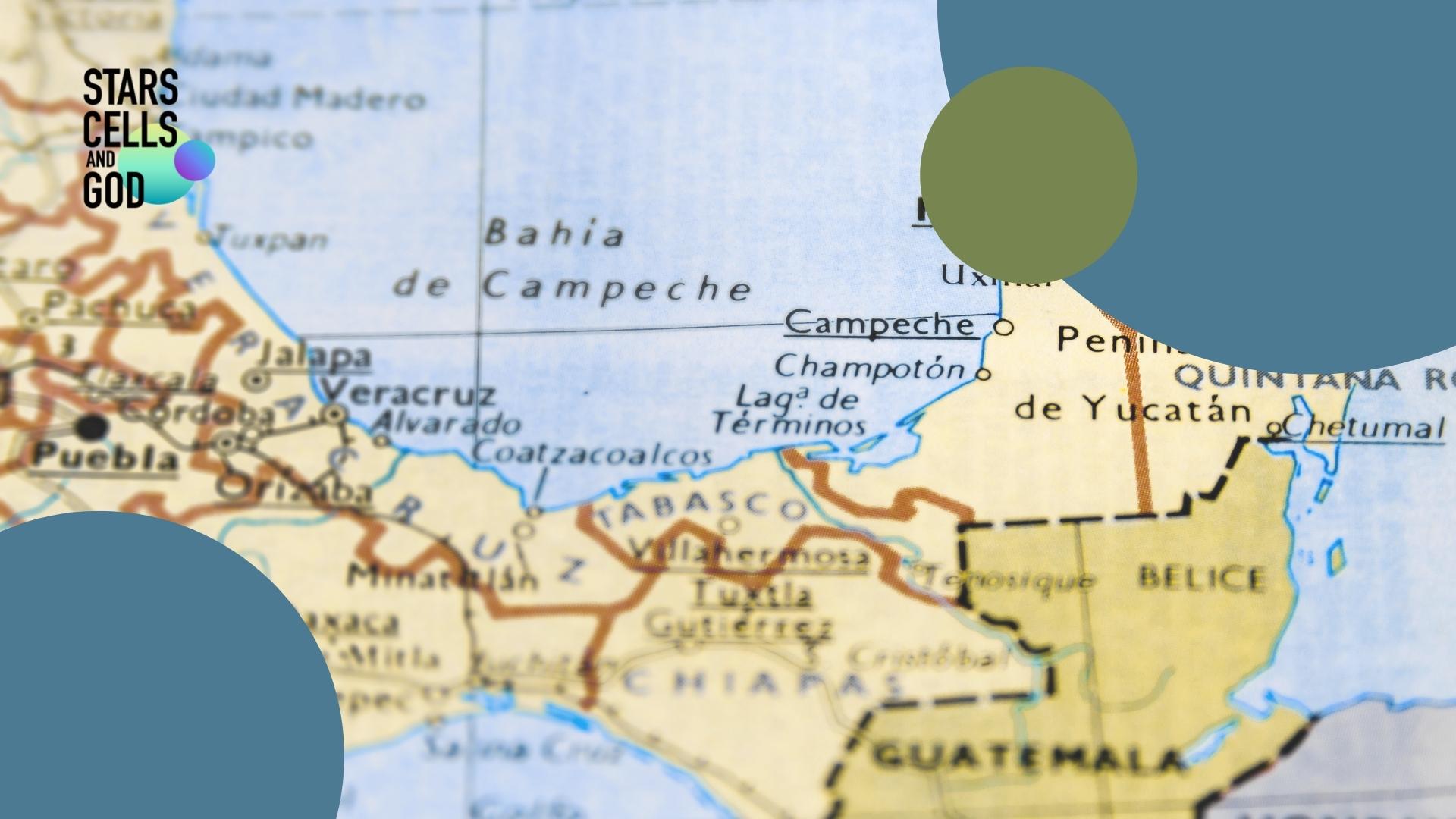Mass Extinction & Enduring Life and Biochem Finite State Machines | Stars, Cells, and God ep23
Join Hugh Ross and Fazale “Fuz” Rana as they discuss new discoveries taking place at the frontiers of science that have theological and philosophical implications, as well as new discoveries that point to the reality of God’s existence.
Mass Extinction & Enduring Life
The Chicxulub impact event occurred when an asteroid at least 10 kilometers in diameter struck the Yucatan Peninsula in Mexico 66,038,000 years ago. The impact energy, equivalent to three billion times the combined energies of the atomic bombs dropped on Hiroshima and Nagasaki, immediately ignited massive volcanic eruptions around the world. A new study shows that the impact resulted in huge amounts of sulfur aerosols ejected into and above the stratosphere. This ejection caused severe global cooling lasting for several years, which amplified the mass extinction of life. There is now no doubt that the Chicxulub impact event drove at least 75 percent of Earth’s species to extinction. This mass extinction and the mass speciation event that quickly followed compensated for the Sun’s increasing brightness. This paved the way for the introduction of the advanced plants and animals that would make global human civilization possible, and provided an example of God’s creation activities described in Psalm 104:29–30.
Biochemical Finite State Machines
In June of 2021, a team of life scientists reported the discovery of the first-ever biochemical finite-state machine (FSM) when they characterized the gait of the single-celled ciliate Euplotes. This discovery makes it possible to present a revitalized Watchmaker argument for God’s existence and fulfills the Watchmaker prediction. It also leads to a new way to view biochemical systems that has profound theological implications.
In this episode Hugh and Fuz discuss these important topics.
References:
“Massive Perturbations to Atmospheric Sulfur in the Aftermath of the Chicxulub Impact,” Christopher K. Junium et al., https://www.pnas.org/doi/abs/10.1073/pnas.2119194119
“A Unicellular Walker Controlled by a Microtubule-Based Finite State Machine,” Ben T. Larson et al., https://doi.org/10.1101/2021.02.26.433123
“Single-Celled Organism Has Evolved a Natural Mechanical Computer,” Michael Le Page, https://www.newscientist.com/article/2285141-single-celled-organism-has-evolved-a-natural-mechanical-computer/


